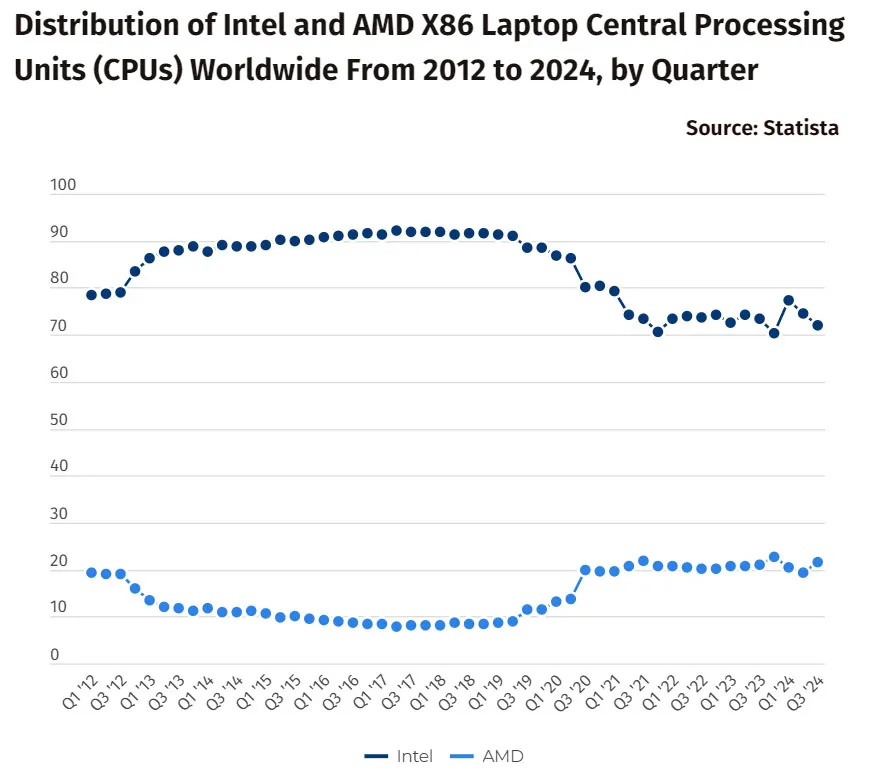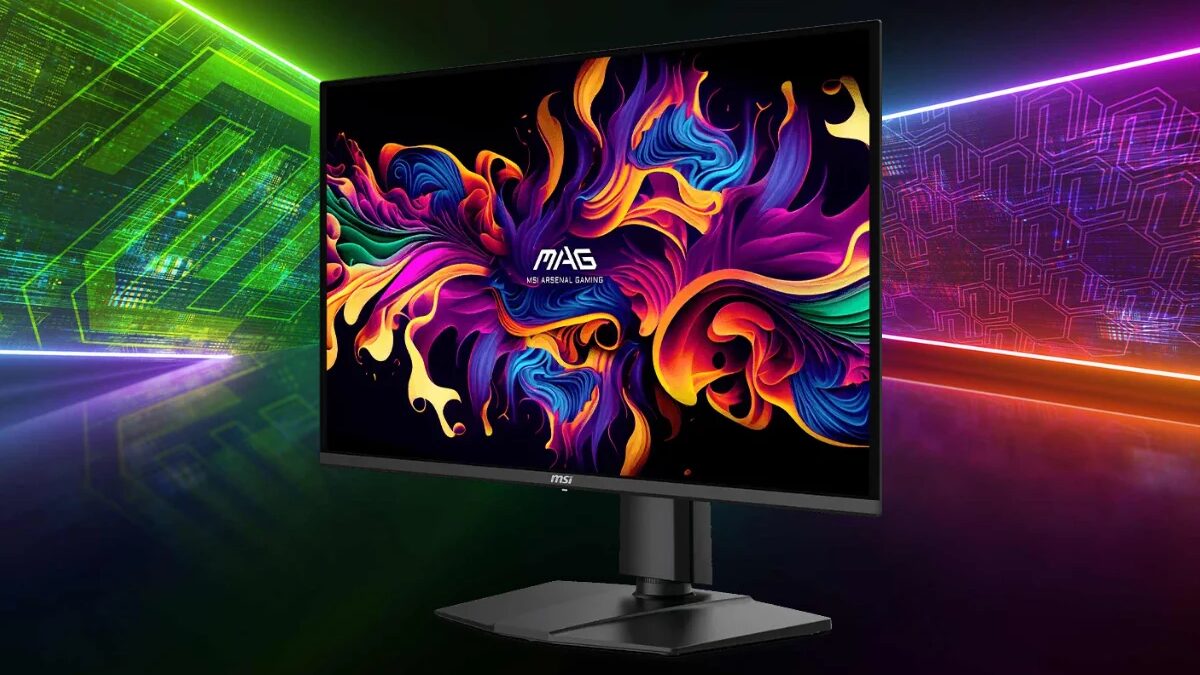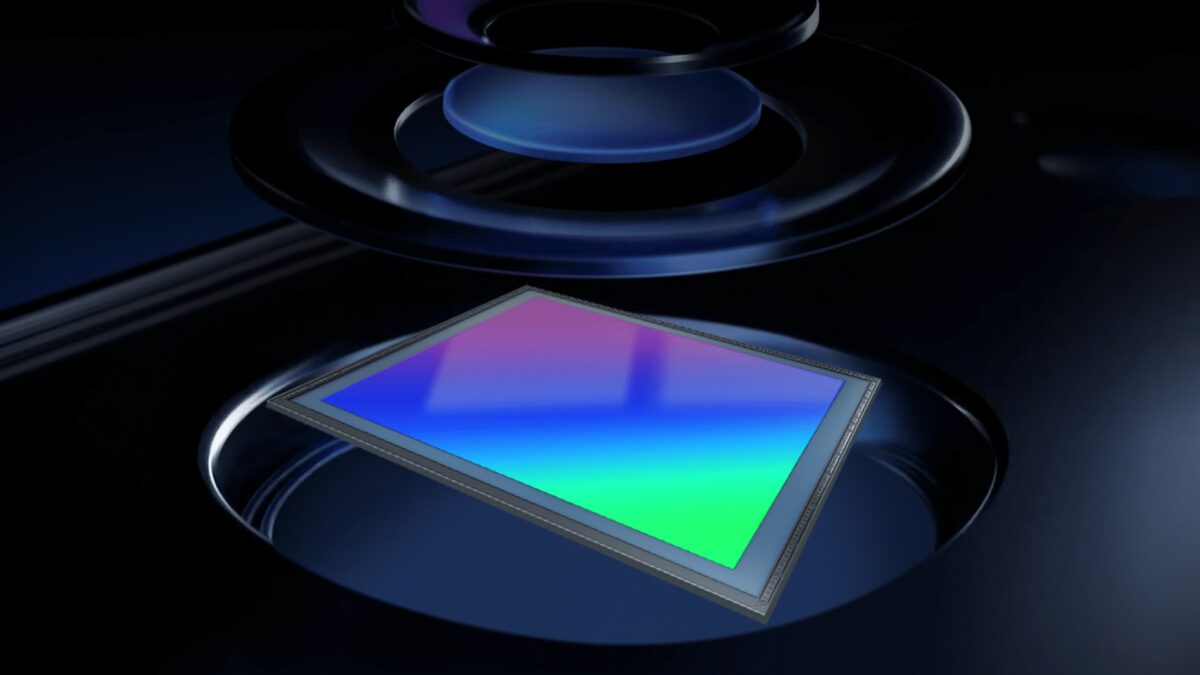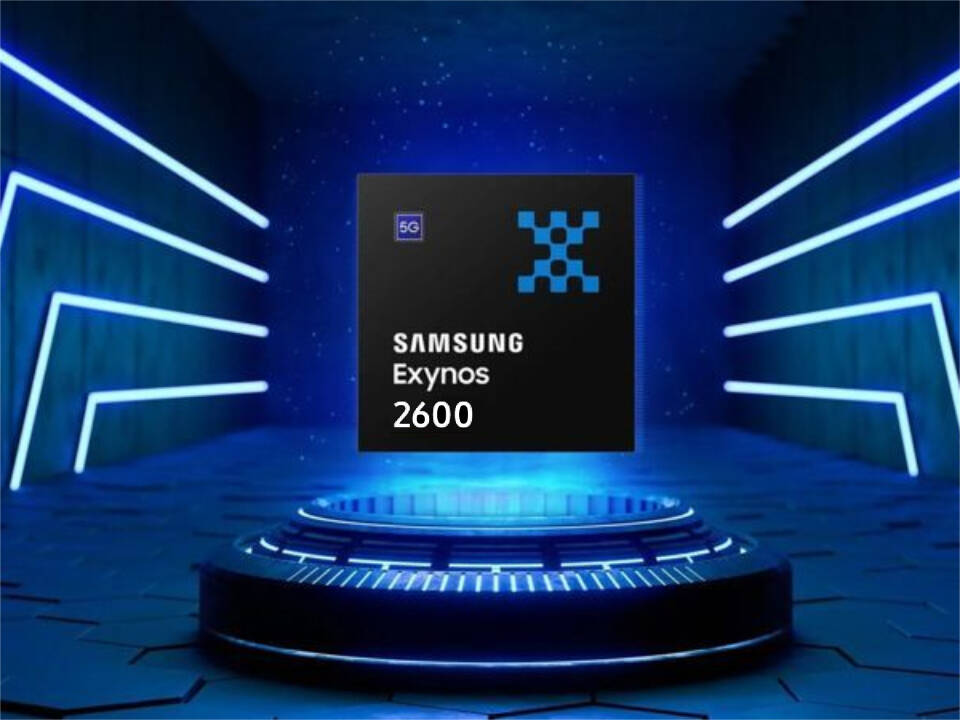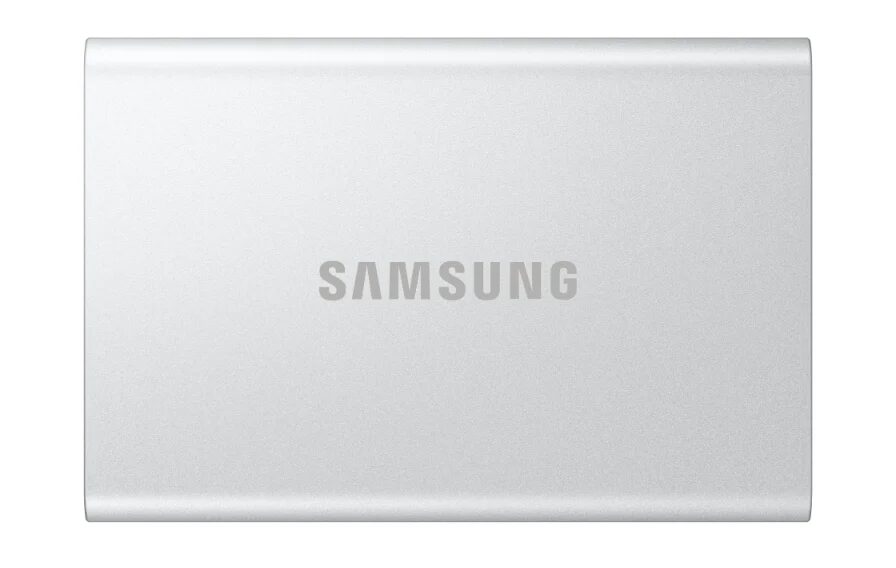Intel is losing market share to AMD
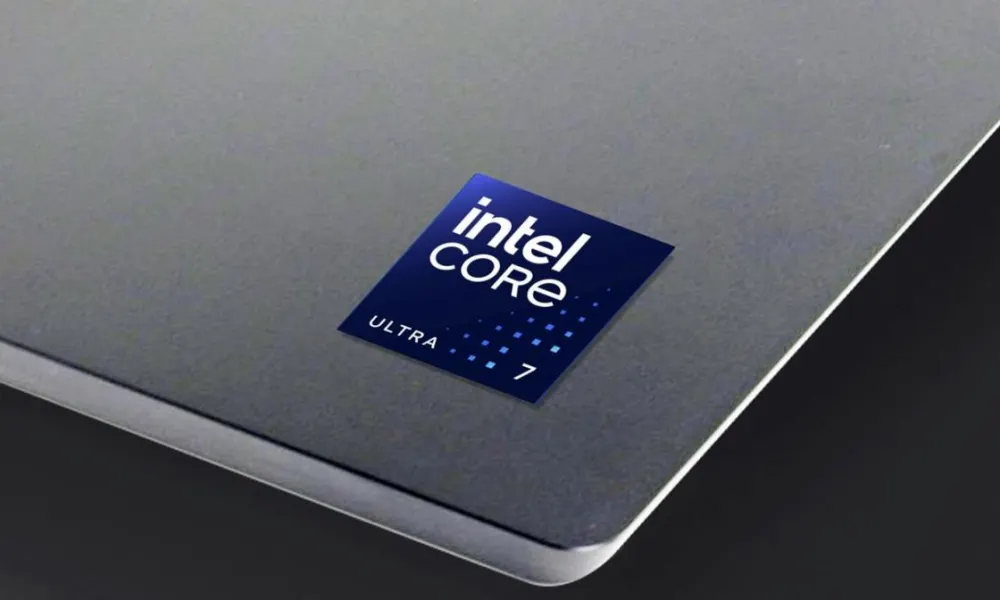
Intel’s market share has been steadily declining while AMD continues to make significant gains in the notebook processor market. According to Stocklytics.com, Team Blue’s market share has declined by 20%, while AMD’s market share has grown, reaching nearly 22% of the global processor market by the third quarter of 2024.
Historically, from the third quarter of 2016 through the second quarter of 2019, Intel dominated the market with 91% market share, while AMD held about 8%. By the third quarter of 2024, Intel’s share had fallen to 71.9% and AMD’s had risen to 21.7%, marking a marked shift.
In the first quarter of 2024, Intel’s share was 77.3% and AMD’s — 20.4%. Since then, AMD’s market share has increased by nearly 1.3%, while Intel’s share has declined by 5.4%. According to Stocklytics financial analyst Edith Reeds, the company’s manufacturing delays have allowed AMD to capture market share.
According to Stocklytics financial analyst Edith Reeds.
The numbers above don’t include information about Qualcomm’s big market entry with Snapdragon X chips as part of the Copilot+ PC.
It is believed that Intel’s recent manufacturing problems, especially with the 10-nanometer process, have contributed to the market decline. To address this problem, the company plans to use TSMC’s advanced 3nm process for its upcoming Lunar Lake laptop processors, aligning its technology with AMD’s new laptop chips, which will also use the 3nm process.
The company plans to use TSMC’s advanced 3nm process for its upcoming Lunar Lake processors, aligning its technology with AMD’s new laptop chips, which will also use the 3nm process.
The company is also set to release an Intel 20A node for its Arrow Lake desktop processors this year and an 18A node next year, which could close the gap with TSMC’s offerings. Panther Lake processors, scheduled for release in 2025, will also use 18A nodes.
The company is also expected to release 18A nodes for its Arrow Lake processors this year and 18A nodes next year.
A few days ago, it was reported that stability problems with Raptor Lake processors, originally intended for desktops, have now spread to laptops. The issues, which affect the 13th- and 14th-generation processors, are manifesting themselves in the form of crashes and performance drops, especially in games and demanding applications.
So far, the problems have been reported as a result of the issue.
According to numerous reports, including from developers and users, the crashes occur despite the latest firmware and BIOS updates, suggesting inherent flaws in the processor’s design.
According to numerous reports, including from developers and users, the crashes occur despite the latest firmware and BIOS updates, suggesting inherent flaws in the processor’s design.
Intel has responded to the issue, saying it is aware of a limited number of reports of instability in the 13th- and 14th-generation mobile processors. After analyzing instability issues with the desktop versions of those processors, the company determined that the mobile processors are not susceptible to the same problem.
Intel responded by saying that it was aware of limited reports of instability in the 13th and 14th generation mobile processors.
System hangs and crashes, can be caused by a variety of software and hardware issues. Intel advises users experiencing problems with laptops based on its processors to contact the system manufacturer for assistance.
All users who experience problems with laptops based on its processors should contact the system manufacturer.

